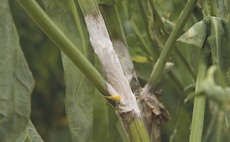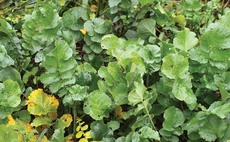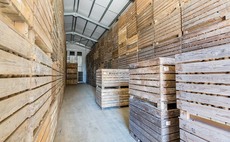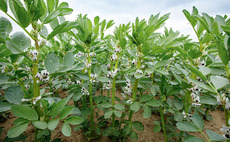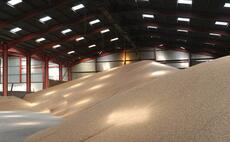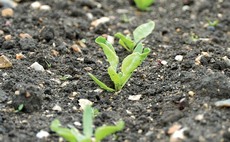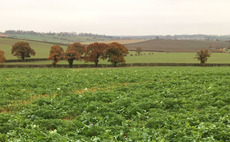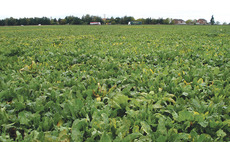Author profile
Arable
The Environment Agency has revised its ‘2020 irrigation prospects’ to take account of the lack of rainfall in April throughout England.
Arable
Although more land has been cropped in the last month or so than many would have imagined, winter crops, in particular, are not looking their best and growers are faced with difficult decisions concerning what to apply.
Arable
Changes to farm payment systems and satisfying supply chain company requirements may require a closer look at carbon balance in the future.
Arable
AHDB has revealed proposals to move to a new model where potato storage research is commissioned rather than completed in-house.
Arable
Researchers from Scotland’s Rural College (SRUC) have joined scientists across Europe to study factors affecting the yield of beans.
Arable
US maize values remain low and very close to triggering the EU minimum maize import levy.
Arable
EU member states recently voted to restrict the sowing of seed treated with fungicide metalaxyl-M to glasshouses, meaning it will be lost as a seed treatment to sugar beet growers in just over a year’s time.
Arable
The food supply chain, including supermarkets and brands, is under increasing pressure to reduce carbon emissions. However, with most carbon said to be generated in the farm production phase, their scope is limited unless the
Arable
Across continental Europe, severe frosts have impacted rapeseed crops across France, Poland and Germany.
Arable
Although it welcomes the news that Biscaya (thiacloprid) has received Emergency Use Approval for sugar beet in England this season for control of aphids that spread virus yellows, Bayer has admitted to supply concerns.

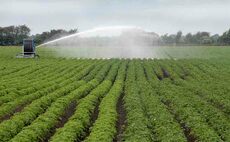
 06 May 2020
•
1 min read
06 May 2020
•
1 min read
